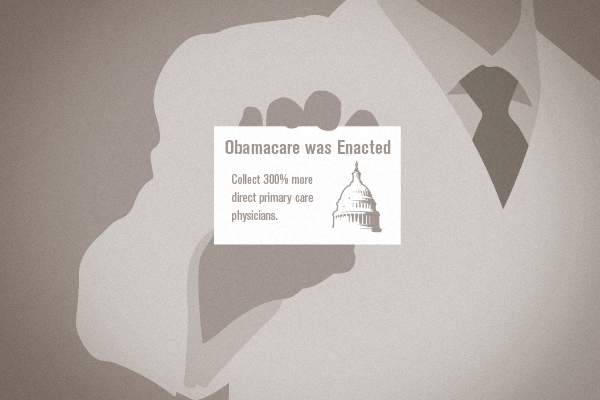We had a quick update on the survey asking doctors to gauge their responsibility in keeping healthcare costs down. Fox News followed up with a write-up regarding the study. They reference additional research relating to the findings and one quote caught our attention:
“Dr. Ezekiel Emanuel, a professor of bioethics and health policy at the University of Pennsylvania, said the survey’s findings are somewhat discouraging, and suggested that doctors must lead health care transformations.” He went on to argue in an editorial accompanying the study that physicians do not have the ‘all-hands-on-deck’ mentality that true reform would demand.
We think his statement could use a modifier. Most, even many, physicians might not have the all-hands on deck mentality. At least not yet. But direct primary care physicians do. Seriously, when Jeannie is sick we run our practice with just three doctors. That’s because we’re not above answering a phone, scheduling an appointment, or cleaning out the fridge if that’s what needs to happen.






